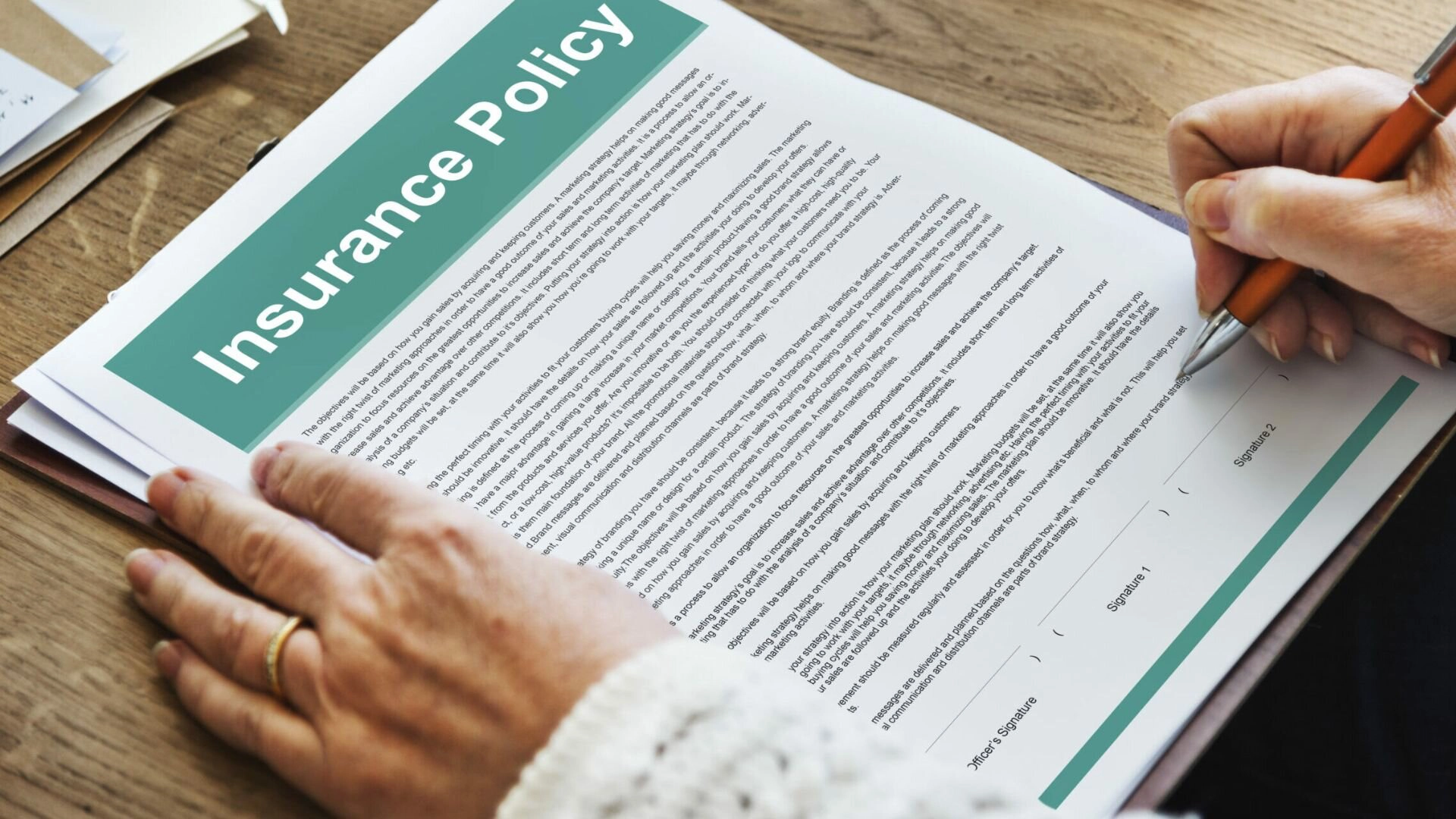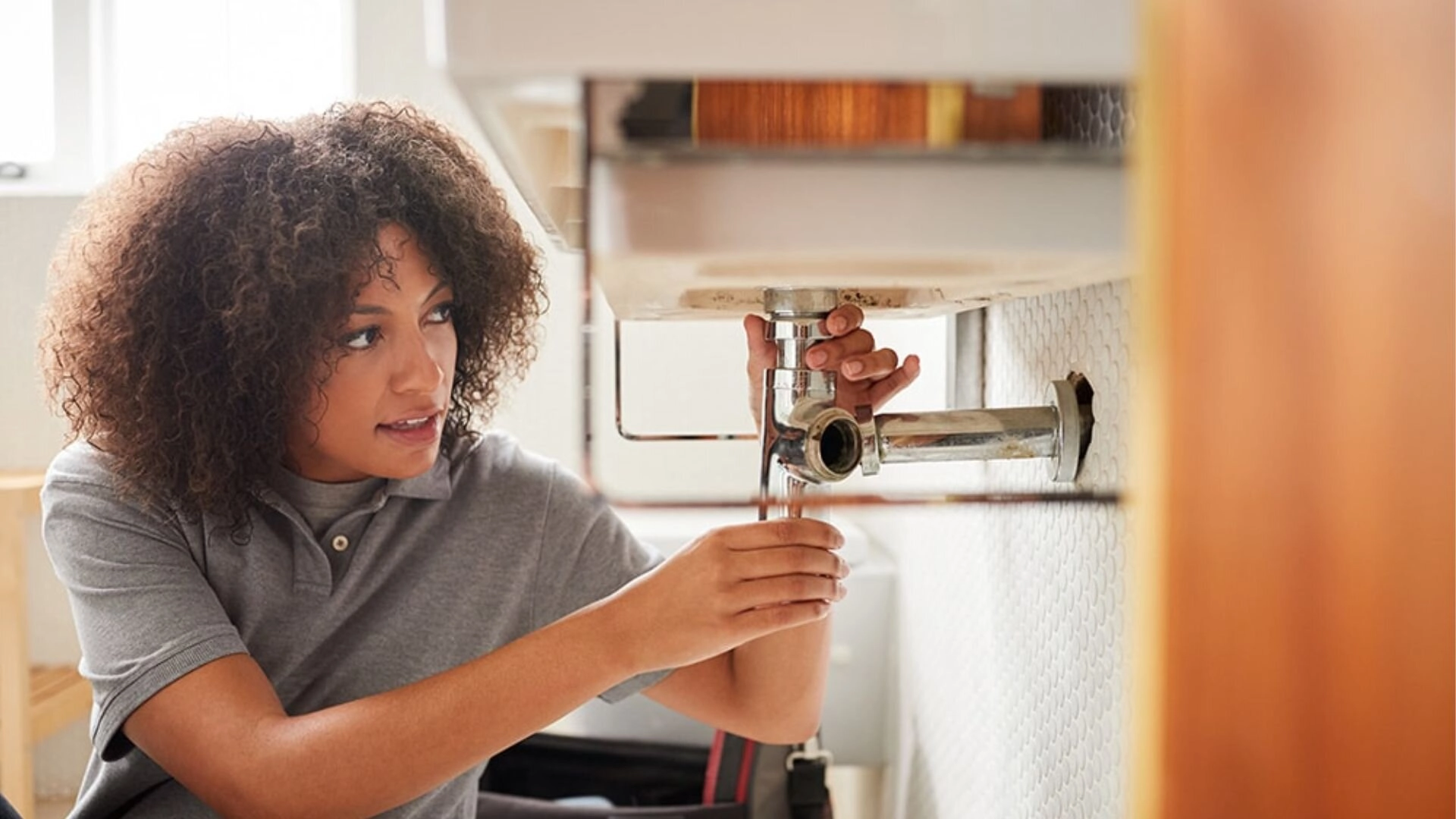Understanding Strata Insurance: Does It Cover Plumbing?
Do you live in a property with a strata manager? Discover whether your strata insurance policy includes coverage for plumbing problems and gain insights into common concerns, and how you can get the most from your insurance!
When living in a strata-titled property, it’s essential to understand the ins and outs of strata insurance and what it covers. Strata insurance is designed for multi-unit buildings, such as condominiums or townhouses, where multiple lot owners share common property.
It provides coverage for damage or loss to the building and common areas. However, regarding plumbing issues within your unit, the question arises: Does strata insurance cover plumbing ?
In this blog post, we will explore whether strata schemes cover plumbing-related problems. We will discuss the typical coverage provided by strata insurance policies, the distinction between common property and individual unit coverage, and the factors determining whether plumbing issues are covered.
By better understanding how strata insurance works about plumbing , you can ensure you have the necessary protection and make informed decisions regarding your property. So, if you’re a strata property owner or considering purchasing a strata-titled unit, join us as we unravel the complexities of strata insurance and shed light on its coverage for plumbing issues.
What Is Strata Insurance?
Strata insurance, also known as condominium insurance or body corporate insurance, is a specialised form of insurance designed for multi-unit buildings, such as condominiums, townhouses, or apartment complexes . However, this does not invalidate the insurance benefits of the individual apartment owners. It provides coverage for the shared or common areas of the property, including the building’s structure, common external walls, roofs, elevators, hallways, and shared amenities like swimming pools or fitness centres.

Strata insurance aims to protect all unit owners within the strata or condominium complex from potential risks and liabilities associated with the shared property . It is typically a mandatory requirement imposed by strata or condominium laws and regulations. Its policies generally cover a range of perils, including fire, lightning, explosion, a burst water pipe, water damage, storms, vandalism, theft, and certain liability claims. The specific coverage and exclusions may vary depending on the insurance provider and the policy’s terms and conditions.
It’s important to note that strata insurance typically covers the building’s structure and common areas but does not extend to individual unit owners’ personal belongings or improvements made within their units. Unit owners are responsible for obtaining separate contents insurance to protect personal belongings and any upgrades or renovations they have made.
The cost of strata insurance is usually shared among the unit owners, with each owner contributing to the insurance premiums through their strata fees or levies. The insurance coverage amount is determined based on factors such as the size of the building, the number of units, and the estimated replacement cost of the common property.
Understanding Plumbing Coverage
Your insurance policy typically covers sudden and accidental water damage caused by a burst pipe or plumbing system failure. However, reviewing exclusions and limitations, such as gradual leaks or wear and tear, is essential.
Additional coverage options for issues like slow leaking pipes or sewer backups may be available. Regular maintenance and prompt repairs are essential, and strata properties have distinct coverage divisions between common infrastructure and unit fixtures. Understanding your policy ensures you have appropriate protection for plumbing-related issues.
Common Plumbing Issues Covered
Insurance policies typically provide coverage for various common plumbing issues that can occur in residential properties. Here are some of the plumbing problems that are commonly covered:

Burst Pipes
Insurance policies often cover damage caused by burst pipes , excessive water pressure, or aging plumbing systems. This coverage includes the cost of repairing or replacing the damaged pipes and any resulting water damage to your property.
Plumbing System Failures
Suppose your plumbing system experiences a sudden failure, such as a malfunctioning water heater or a broken sump pump, resulting in water damage. Your insurance policy may cover the necessary minor repairs and restoration.
Water Leaks
Insurance policies typically cover sudden and accidental water leaks that damage property. These can include leaks from plumbing fixtures such as toilets, sinks, or bathtubs and leaks from supply lines or pipes within the boundary walls or floors.
Sewer Backup
In the event of a sewer backup, where wastewater flows back into your property due to a blockage or system failure, insurance policies may provide coverage for the cleanup and repair costs associated with the damage caused by the backup .
Water Damage from Plumbing Mishaps
Insurance policies often cover accidental incidents, such as a pipe bursting due to unexpected impact or a loose plumbing line connection. This coverage extends to repairs and any resulting water damage caused by these mishaps.
Individual Responsibility For Plumbing

Regarding plumbing in residential properties, there is a division of responsibility between the individual homeowner and the strata setting or condominium corporation. As a homeowner, you are typically responsible for the plumbing fixtures within your unit, including sinks, toilets, bathtubs, showers, and other fixtures specific to your unit.
This means that these fixtures’ maintenance, repairs, and replacements fall under your responsibility. Suppose you upgrade or renovate your plumbing fixtures, such as installing a new shower or replacing a sink. In that case, it is also your responsibility to cover the costs associated with these improvements. However, it’s important to note that any modifications or renovations must comply with building codes and regulations . On the other hand, the strata or condominium corporation is responsible for the plumbing infrastructure within the common areas and shared property.
This includes the plumbing pipes within the internal walls, ceilings, and floors that serve multiple units. The strata or condominium corporation typically covers maintenance, repairs, and replacements of these common strata plumbing problems, and the costs are shared among all property owners through strata fees or levies. Understanding your responsibility for plumbing is essential to ensure that you properly maintain your fixtures and promptly address any issues within your unit.
Ensuring Adequate Plumbing Coverage
As a homeowner, you can take several steps to ensure sufficient plumbing coverage in your insurance policy. Start by thoroughly reviewing your policy and paying close attention to the plumbing coverage section. Understand the plumbing issues, such as burst pipes, water leaks, or sewer backups. Identify any exclusions or limitations that may affect your coverage.
If you have any questions or concerns, contact your insurance provider for clarification. Additionally, consider whether purchasing additional coverage options tailored explicitly to plumbing-related issues is necessary.
Regular maintenance and preventive measures are crucial to maintaining adequate plumbing coverage. Take proactive steps such as conducting routine inspections, promptly addressing leaks or plumbing problems, and implementing preventative measures like insulating pipes to prevent burst pipes in freezing temperatures.
Understanding your responsibilities as a homeowner is also essential. Know which plumbing fixtures you are responsible for, and ensure you fulfil your maintenance obligations. Seeking professional advice from an insurance agent or broker can provide valuable guidance in navigating your policy and obtaining the appropriate plumbing coverage.
Filing A Plumbing Insurance Claim
Following the proper steps is crucial when faced with a plumbing issue requiring an insurance claim. Start by documenting the damage thoroughly . Take clear photos or videos of the affected areas, including any visible water damage, broken pipes, or related issues. This documentation will serve as valuable evidence to support your claim and help determine the extent of repairs needed.
Next, review your insurance policy carefully. Understand the specific coverage for plumbing-related issues, such as burst pipes, water leaks, or sewer backups. Take note of any deductibles like insurance deductibles, coverage limits, or exclusions that may apply to your claim. Knowing your policy beforehand will help you navigate the claims process more effectively.

Contact your insurance provider as soon as possible to report the strata plumbing issue and initiate the claims process. Provide them with the necessary documentation, including the details of the incident and the supporting evidence you have gathered. Be prepared to answer any questions they may have and provide additional information if needed. Cooperate fully with your insurance company’s requests, such as scheduling an inspection or obtaining repair estimates from approved professionals. Keep records of all communication and documentation throughout the claims process for reference.
Consider hiring a reputable plumber to assess the damage and provide a detailed repair report or estimate if necessary. This information can further support your claim and ensure accurate reimbursement for significant repairs. Finally, follow up with your insurance provider regularly to track the progress of your claim. Stay engaged and promptly provide any additional information or documentation they may require.
Strata vs. Individual Homeowner’s Insurance
Strata insurance and individual homeowner’s insurance are two distinct types of coverage for residential properties. Strata insurance, or condo or condominium corporation insurance, is obtained by the strata manager or corporation responsible for managing the shared property, plumbing , and common areas.
It typically covers the building’s structure, common areas, and liability for many owners of corporations. This includes coverage for common plumbing infrastructure, such as pipes within walls, ceilings, and floors that serve multiple units. Strata insurance aims to protect the collective interests of all individual owners within the strata or condominium complex.

On the other hand, individual homeowner’s insurance is purchased by individual unit owners to protect their specific unit and personal belongings. This insurance typically covers the interior of the unit’s private property and provides liability coverage. However, it is essential to note that individual homeowners’ insurance may not cover common plumbing infrastructure or shared property , as that falls under the purview of strata insurance.
Understanding the distinction between strata insurance and individual homeowner’s insurance is crucial for homeowners in strata or condominium complexes. It ensures they have the appropriate coverage for their personal unit and belongings while recognising the shared responsibility and coverage provided by the strata insurance for common property and infrastructure.
The strata owners corporation is responsible for common property repair and maintenance issues – each owner repairs anything on their property. If you are unsure who to fix, check your strata plan and by-laws (or ask your strata committee or manager). Homeowners should review their insurance policies carefully and consult with their insurance provider or strata corporation to ensure comprehensive coverage tailored to their needs.
Preventing Plumbing Problems

Preventing plumbing problems is essential for homeowners to avoid costly repairs and disruptions. The owner’s corporation, strata building manager, committee members, or strata managers can do many quick and simple things to prevent expensive water damage in the long run. Regular maintenance is crucial, so schedule routine inspections of your plumbing system.
Check water pipes, faucets, and fixtures for any signs of a leaking pipe, corrosion, or damage, and address minor issues promptly before they escalate into major problems. Be mindful of what goes down your drains and toilets, as clogs are common.
You should also avoid disposing of grease, coffee grounds, or non-flushable items down the drains. Talk to others in the complex about installing drain screens to catch debris, prevent blockages, and insulate exposed pipes in colder climates to prevent potential bursts or blockages.
Monitor water pressure regularly and ensure it’s within the recommended range to prevent stress on pipes and fixtures. Finally, household members should be educated about responsible water usage, such as avoiding excessive or unnecessary flushing.
Strata Insurance’s Plumbing Coverage Explained
Understanding strata insurance and its coverage is essential for homeowners living in a strata scheme setting or condominium complexes. While strata insurance typically covers common plumbing infrastructure, it’s necessary to review your specific policy to determine the extent of coverage.
To ensure comprehensive coverage and address any plumbing issues, consider contacting a trusted plumbing service provider like Service First Plumbing . Their expertise can help you understand your insurance policy, prevent plumbing problems, and address repairs or poor maintenance needs.
Don’t hesitate to for professional assistance and peace of mind regarding your strata plumbing needs.